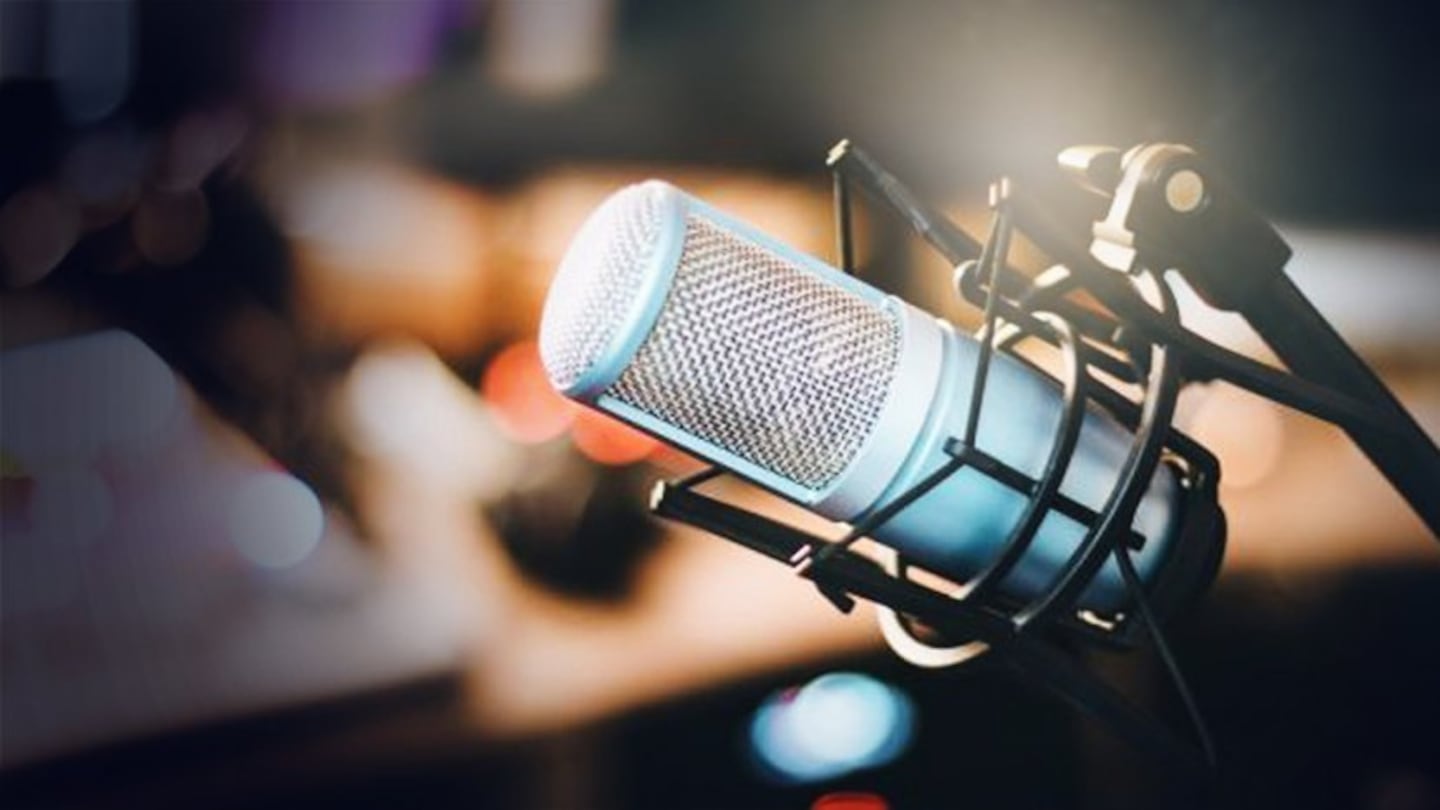Māori media bosses are hoping the funding increase for Radio New Zealand could mean an increase for the Māori sector as well.
Broadcasting Minister Willie Jackson this week revealed RNZ will receive an extra $25m each year for the next four years. The funding will come from money originally set aside for the merger between RNZ and TVNZ.
$364.7 million had been intended for the failed merger over that time period but has now been returned to the government to use over other priorities.
But Whakaata Māori CEO Shane Taurima says Māori media needs to be one of those priorities.
"Since 2008, Whakaata Māori hasn't received a Consumer Price Index adjustment from the government which is what the government has given RNZ. Last year, there was a boost for two years only. We're waiting for the government to increase our funding. Each year we are underfunded by $6m. Since 2008 that equates to nearly $80 million that we haven't received.
"It's great news for RNZ, but we are also hopeful that we will also receive good news this year."
Te Whakaruruhau o Ngā Reo Irirangi Māori chairperson Peter Lucas Jones also remains hopeful with the extra money available to the government.
"Tera pea he rongo tino pai enei mō Whakaata Māori me ngā Reo Irirangi Māori, engari tāria te wā e whakatau ai he aha rā te rahinga o te pūtea ka taka mai hei hapai i ngā mahi nunui e mahingia ana e ngā hau kainga hei whāngai i te marea ki ngā pūrongorongo kōrero me ngā take o te wā ki ngā reo e rua."
(This may be very good news for Whakaata Māori and Māori radio, but time will tell how much funding will be allocated to cater for the huge workload that needs to be done to provide news and current affairs to our people either in te reo Māori or bilingually.)
Part of the funding increase will allow RNZ to strengthen Māori and Pacific content, while an additional $10m will also be provided to NZ On Air for the next year which will be used to reach "new audiences through cross-sector collaboration with RNZ, Whakaata Māori and Te Māngai Pāho".
Jones says that is an opportunity for the three sectors to work together.
"Pai pea me hui a RNZ ki a Whakaata Maori, k inga reo irirangi Maori, kia whai wahi nga umanga reo maori, nga umanga i te ao papaho Maori i roto i te kaupapa hou e korerohia ana e ratau, mama noa iho te tuku i te kupu, engari whakatinanahia."
(Maybe RNZ should meet with Whakaata, and Māori Radio so that Māori language-focused companies and Māori media have a part in the new projects they are talking about, it's easy to say the words, but another thing to act.)
Jackson, who is also the Minister for Māori Development which has responsibility for Māori Media says discussions around funding for the sector is ongoing and currently before the government.
"Iwi radio, Māori Television that's a kaupapa we will get to in the budget, that's when we talk about funding in those areas."
Te Mātāwai co-chair Bernie O'Donnell says funding increases for Whakaata Māori and Iwi Radio is critical.
"He wero iti tēnei i tēnei wā tonu ki tā tātau nei Minita me pēhea tō tātau āhuatanga mō te pūtea nei, arā ko Whakaata Māori tētahi, mēnā tē tāea te kite, tērā pea ka whakanui rā tō mātau wero, tērā pea he wero nui kei te haere."
(At the moment, this is a small challenge to our minister, what about Māori media? Whakaata Māori for instance, if we don't see any movement, then he's going to have a bigger issue on his hands.)



